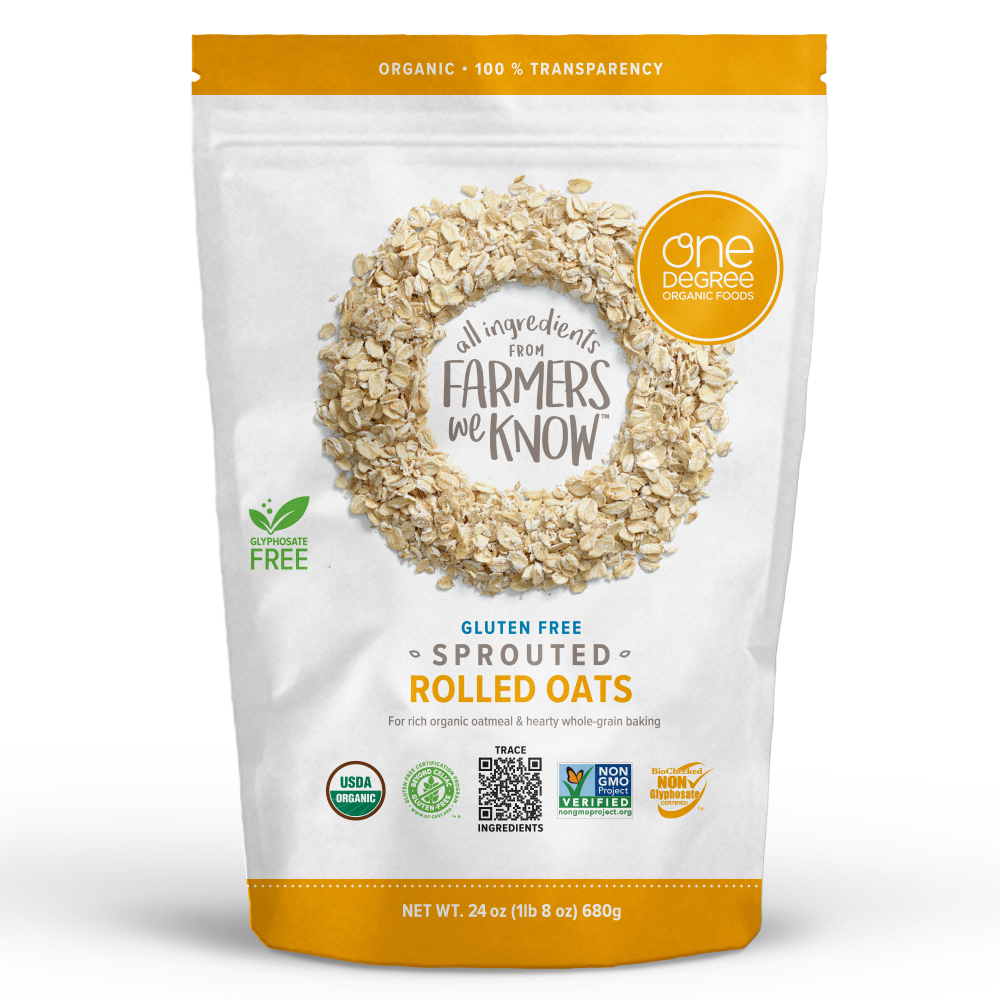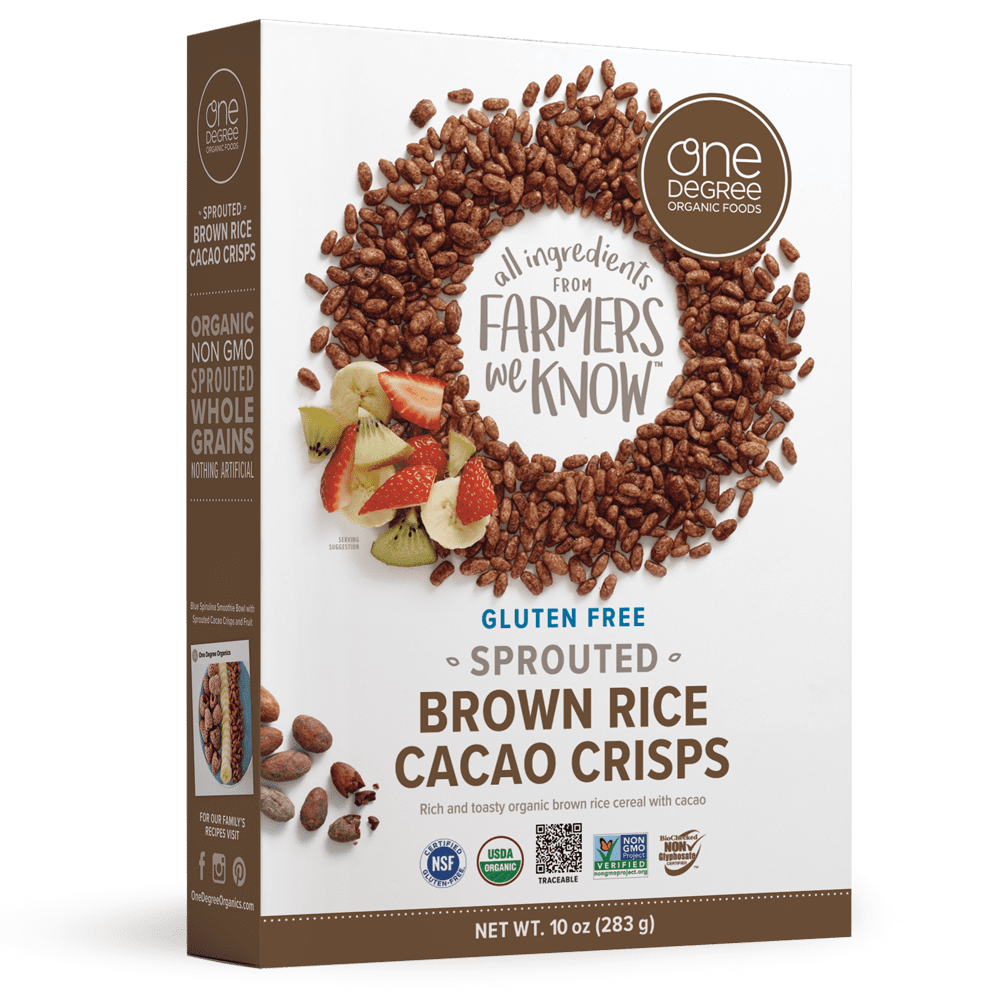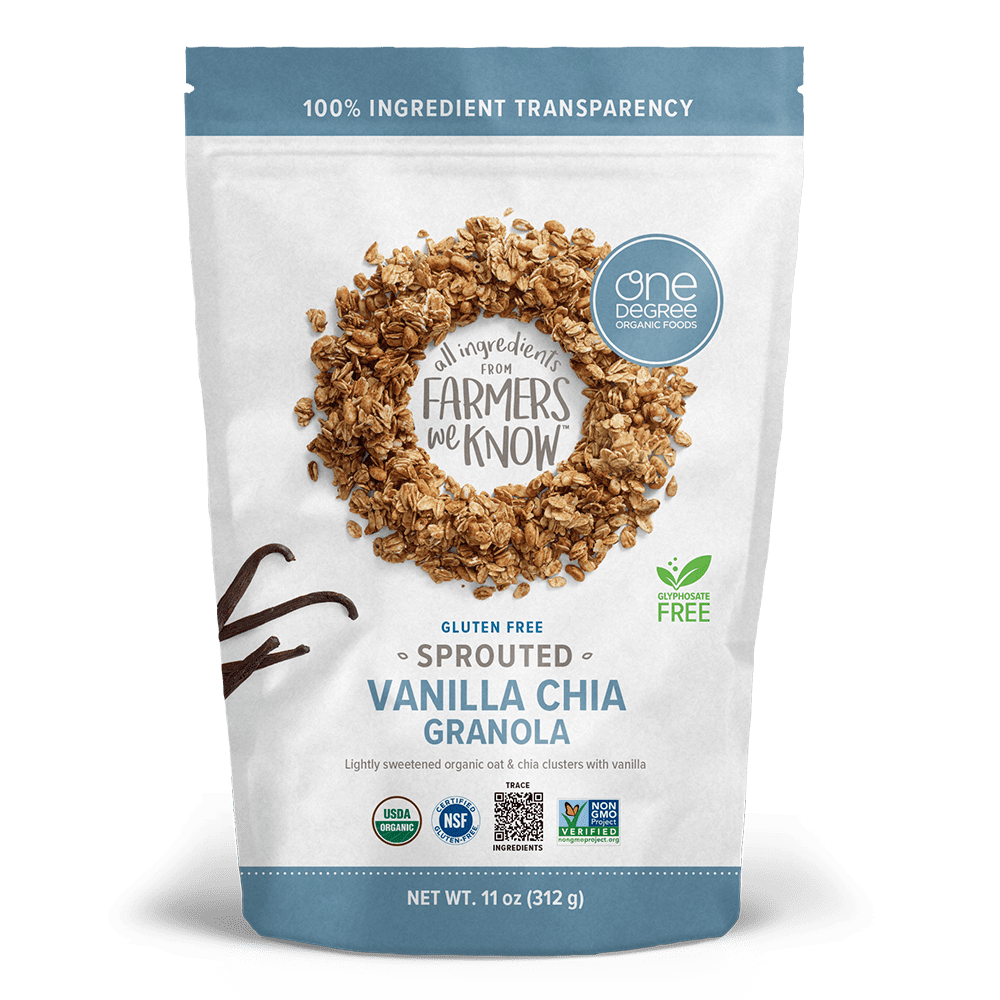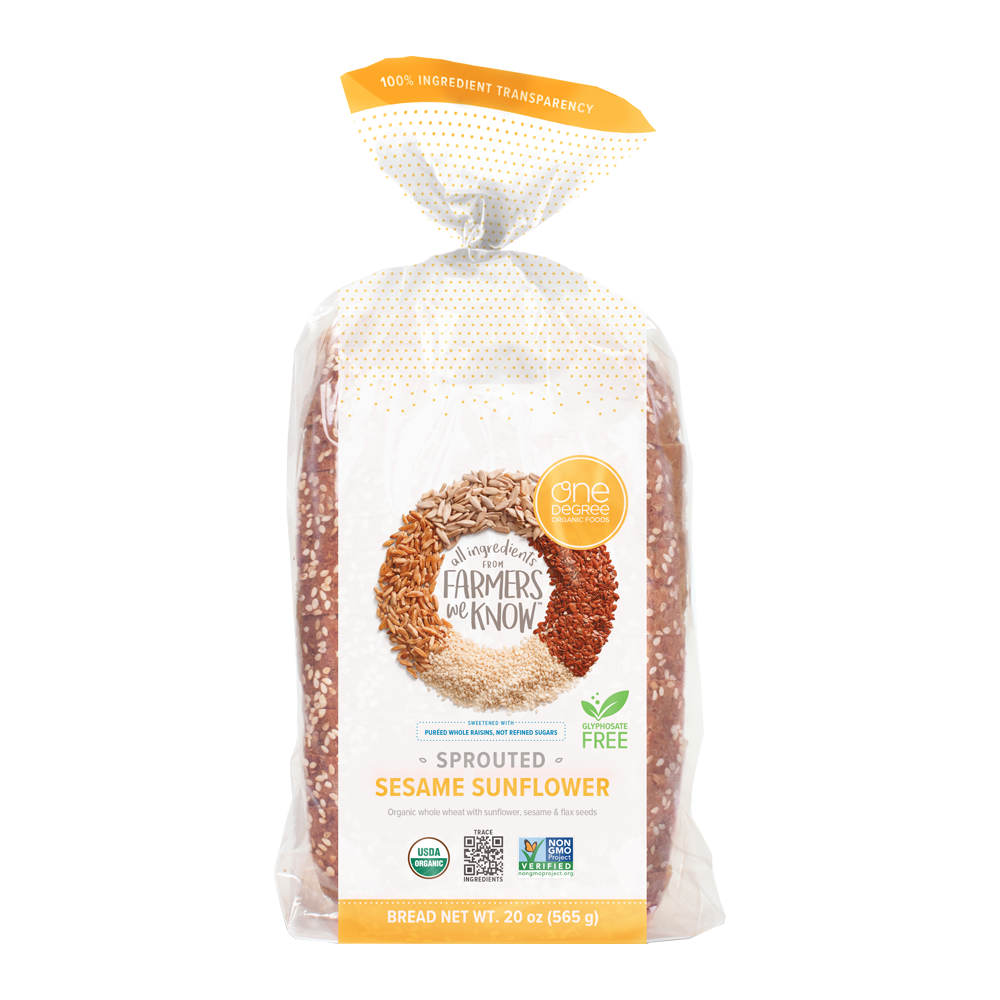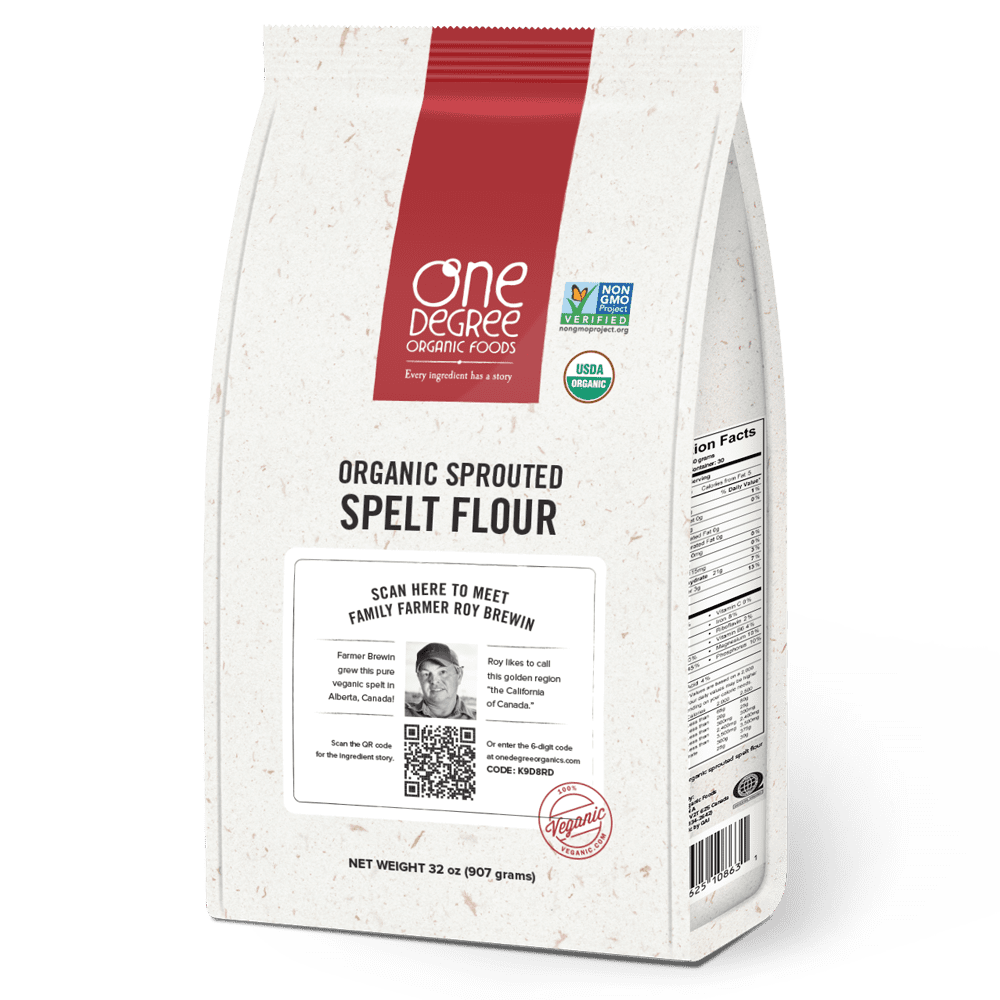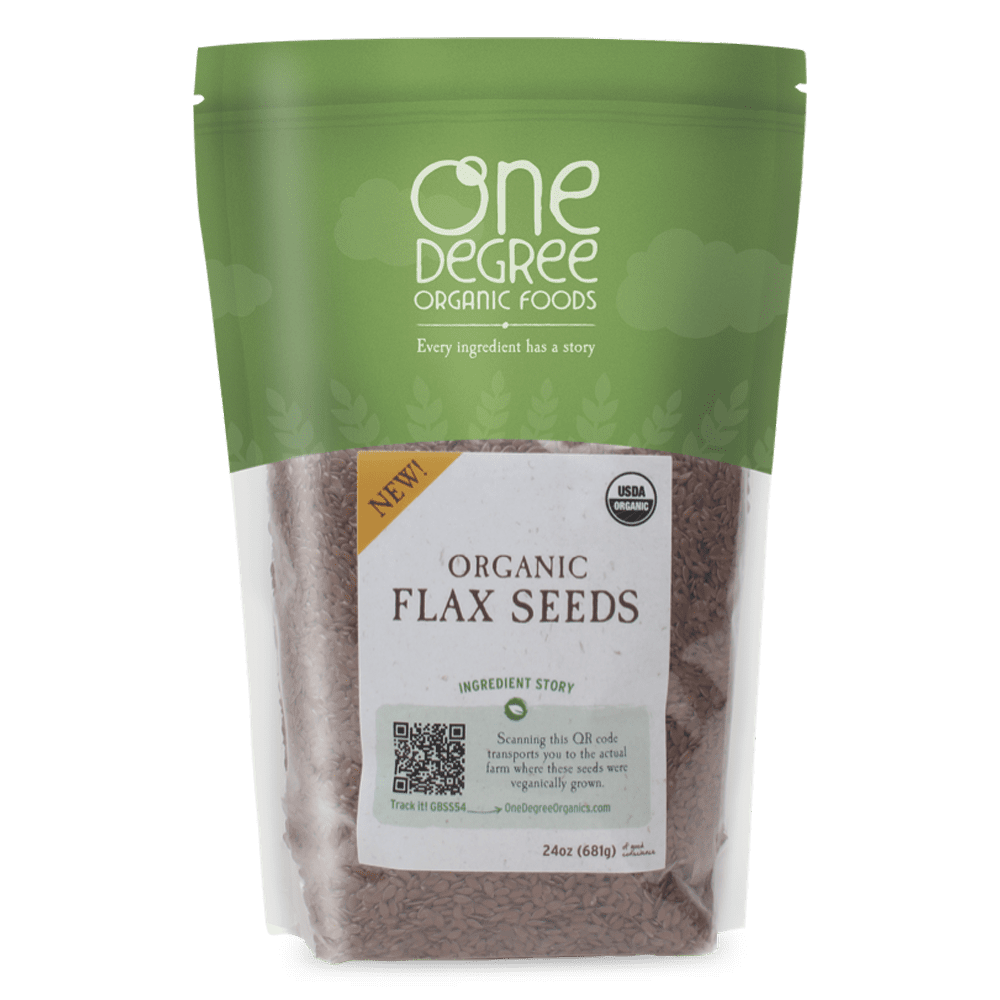Why Clean Food is Self-Care
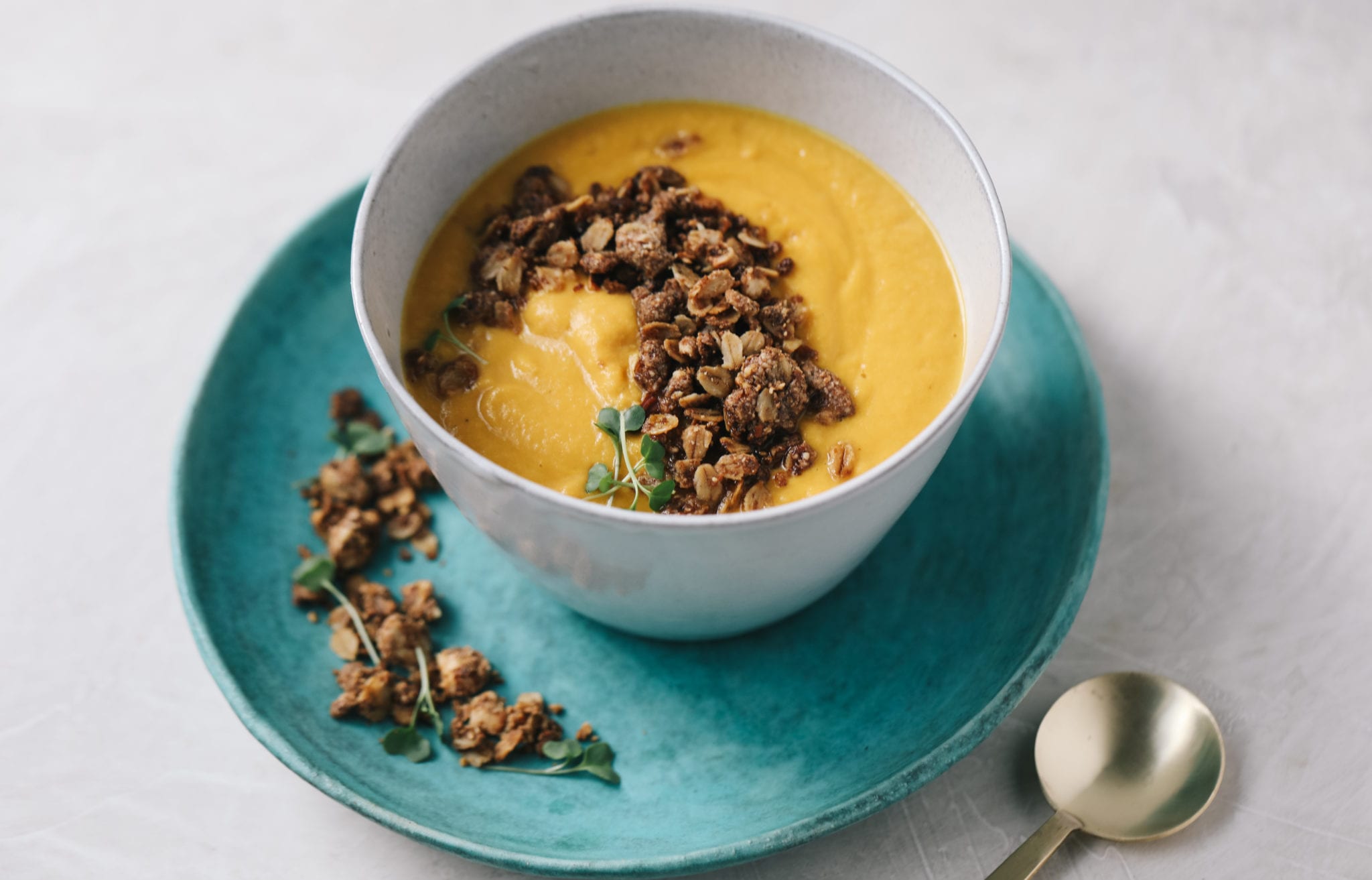
Self-care has become a big health and wellness buzzword in the past few years, inviting people to stay-in when they would usually go out, take more baths, and catch up on their sleep—all great ideas worthy of your attention and effort. There is, however, one piece of the puzzle missing from the usual self-care equation: eating more clean, organic foods. Here’s why clean food is self-care, and why we need to prioritize it.
Unhealthy Eating Has a Snowball Effect
When we are short on vitamins or minerals, our bodies send signals to our brains indicating that we need something important. If we don’t respond with the right feedback (healthy food), our body can start to crave the bad stuff over and over again. In fact, the special combination of sugar and fat in junk foods has been proven in a study by researchers at the University of Michigan to be as addictive as drugs or cigarettes.
Just One Ingredient Can Make A Difference
In the battle of healthy versus unhealthy food, it’s easy to point fingers at chips, candy, and fast food, but it can come down to the quality of a single ingredient. Let’s look at sodium as an example. It’s an important mineral we all need to survive, but our best health comes from consuming the highest quality, naturally-occurring sodium available, like the kind found in clean foods such as celery or from salt mines formed from ancient sea beds, like those of our farmer partner, Real Salt. Typical table salt, in comparison, is a manufactured form of salt called sodium chloride, and is made from processing leftover flakes of natural salt at extremely high temperatures and then adding chemicals like anti-caking agents to give it the most appealing texture.
The Benefits of Healthy Eating Are Big
Happiness and good health are intrinsically linked, and a lifetime of healthy eating starts at home. Stocking the kitchen with nutritious foods can make a world of difference when boredom, snack cravings, and procrastination hit. Kids grabbing veggies and hummus, a healthy bowl of cereal, or even a low-sugar treat will have more energy for school, have better focus, sleep better, and maintain steady moods over kids who don’t eat well. And the same goes for parents, too.
Clean Eating Shows We Care
For anyone who doesn’t love to cook, preparing food from scratch can feel like a lot of pressure, but when you look at every meal like an act of love, it starts to feel more natural, because that care is already there. You don’t have to be the most organized, most seasoned, or most creative person to eat clean—you just need a few good recipes and good intentions. Remember: clean eating is a habit, and habits don’t form overnight, so do what you can, with what you have, where you are.
Here are five tips for making clean food as self-care stick as a healthy habit:
1. Make it an outing. Bring the kids, talk to and ask for help from the people who grow your food or run your favorite grocery spots; having an extra set of hands can save time on busy days.
2. Invest in time-savers. Blenders, food processors, and the right storage containers can make cooking a whole lot easier.
3. Plan ahead. Making a list of the week’s meals can make grocery shopping a breeze and cuts out any “what’s for dinner?” scrambles. You can also save time by making lunch snacks while you’re chopping veggies for dinner.
4. Enlist the whole family. Sharing in the cooking helps everyone in the household understand the importance of healthy eating, the prep work that goes into it, and kids often enjoy it more because they’ve helped make it.
5. Share and savor. Office potlucks where everyone brings one clean, organic ingredient—like almond yogurt, a healthy cereal, fresh fruit, and chia seeds for a breakfast parfait bar—will have time-strapped teams bonding and energized.
When you understand why clean food is self-care, small day-to-day choices to eat healthy can become a joyfully empowering act of love for yourself and your family. Share your go-to clean eats by using the hashtag #onedegreeorganics —and follow us on Facebook or Instagram. Scroll down to sign up for our newsletter and learn more about the plant-based organic ingredients we use at One Degree, get to know the farmers who grow them, and get healthy recipes and meal inspiration in your inbox.
